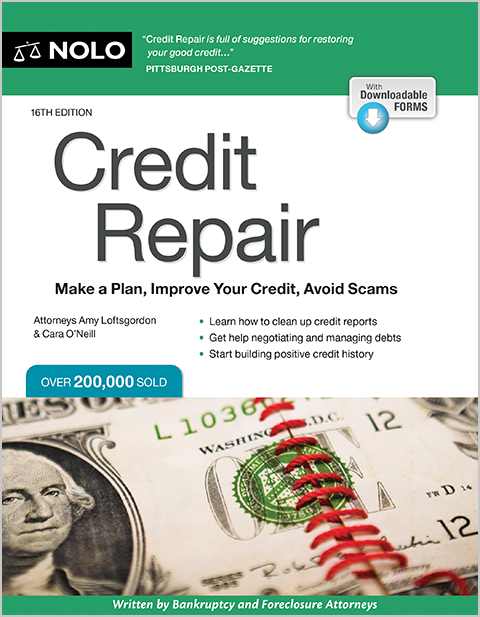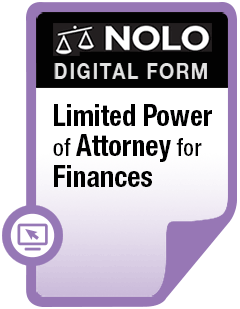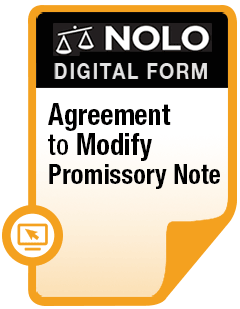Want a good deal on a new or used car? Planning on trading in your old car? Do your homework and learn how to negotiate.
All too often, people buying a new or used car walk out of a dealership with a car they can't afford, a car they don't really want, or a car for which they paid far too much. This isn't surprising, given that dealers are masters at applying high-pressure sales tactics.
The key to buying the car you want at a good price, and getting a good deal for your trade-in, is to do your homework before you enter the dealership and to negotiate effectively with the dealer.
Decide What Kind of New or Used Vehicle Meets Your Needs
You need to decide which car you want to buy. Or, at the very least, narrow your choices down to just a few. Some of the most important factors and questions to consider when considering what vehicle to get are:
- Size. Who and what will you be carrying? Look beyond the obvious to make sure your chosen vehicle meets your needs. A bigger vehicle doesn't necessarily mean it has more room inside. In recent years, some vehicles (especially crossover SUVs) have sacrificed storage space for style.
- Economy. How critical are operating costs, like gas mileage and tires, to you? You can easily find the EPA gas mileage for any vehicle, but it's an estimate. Check online to find road tests where the actual gas mileage has been calculated. Also, tire size and use can have a substantial impact on your operating costs. For example, if you pick an all-wheel drive vehicle, you'll likely need to replace the tires more often than with some other types of vehicles. Find out what tires cost and how long they'll last for your selected vehicle.
- Driving habits. Do you always drive on the street or do you sometimes go off-road? The utility of four-wheel drive vehicles comes at a sacrifice in other areas, like gas mileage, tire costs, and maintenance expenses. If you drive only on city streets, but want the style of a four-wheel drive vehicle, you'll need to decide if the added costs are worth it for you. Keep in mind that knobby off-road tires tend to wear out quickly when driven on pavement.
- Climate. Do you have seasonal snow or ice? Rear wheel drive vehicles can be difficult to drive in snow and ice, especially if the terrain isn't flat. Front wheel drive is better, but all-wheel or four-wheel drive is usually best. Do you live where extreme heat is a concern? Black or other dark cars can get extremely hot in warm, sunny climates. Interior seating materials are another important consideration in hotter climates; leather seats tend to heat up significantly in the sun.
- Features. Does your chosen vehicle include certain features, such as reverse assistance, blind spot warning, automatic headlights, and lane assist? Make sure the year and model of the vehicle you're looking at includes all the bells and whistles you want.
- Reliability. Several websites and publications can provide information about reliability based on long-term road tests or feedback from consumers and maintenance professionals. Edmunds and True Delta, for example, have useful information on reliability and maintenance costs for almost any vehicle. Some car magazines conduct long-term road tests which are available online. A trusted local mechanic can also be a great resource. Good mechanics can tell you which cars they see frequently and what problems they encounter with specific vehicles. If you have a certain make and model in mind, find a mechanic that specializes in that brand, if possible.
How to Comparison Shop for a Car
Once you've decided on a few different models to consider, here are a few ways to comparison shop outside of a dealership.
- Consumer Reports publishes an annual car-buying issue. It compares price, features, service history, resale values, and reliability of numerous makes and models. You can access this issue on the Consumer Reports website if you pay the membership fee. You can also research cars and get basic information about them—for free.
- The Motor Trend website also has useful information for comparing vehicles.
- The internet, in general, has lots of information about comparing and rating cars. Try the Car and Driver, Edmunds, JDPower, and Kelley Blue Book websites.
Does the Price Fit Your Budget?
Once you've decided on a vehicle that fits your needs, find out if the typical price of that car fits your budget. Various websites, like Kelley Blue Book, provide estimates of car values, depending on the make, model, year, mileage, options, and condition of the vehicle. This estimate can provide a starting point for your negotiations with the seller.
Get Pre-Approved (If You're Not Buying with Cash)
If you aren't spending cash, it can be tempting to rush into a questionable loan when you're excited about an immediate purchase. Before starting the search for your vehicle, shop around for the best loan terms and get pre-approved. A pre-approval will expedite the purchase once you find the car you want to buy.
You can easily use online tools to see if you qualify for a car loan.
Find Your Car
Many websites, including Autotrader, CarGurus.com, and Cars.com, are available for finding new and used cars in your area or elsewhere if the inventory in your area is lacking. Generally speaking, for used cars, prices for privately-sold cars are lower than for those sold at a car lot.
Car lots come in all shapes, sizes, and levels of trustworthiness. Do some research on local lots before you decide to buy from one.
How to Negotiate With a Dealer for a Car
Often, the hardest part of buying a car is negotiating the price with the dealer. Here are some tips:
- Know what you want before you walk into the dealership. Know what car you want (or a few you're interested in), what special options you want, what equipment you must have (like certain safety features), and what you can afford.
- Use the dealer's price as the starting point for negotiating. It's a good idea to use the dealer's price to start your negotiations. For new cars, you can find the dealer's invoice price and the dealer's true cost after rebates on the internet. Then, you can negotiate up from the dealer's cost rather than down from the asking price.
- Don't buy in a hurry. Take time to compare prices at several dealers. And remember this general rule of car buying: If you take a long time to decide and you're willing to walk away from the dealership, the lower the price will go. Of course, you have to spend considerable time with a salesperson before you walk out—the salesperson won't care until after investing significant time in you.
- Resist the urge to buy more car than you can afford. Don't buy a more expensive car by financing it for a longer period of time. You'll pay a bundle in interest that way.
- Check dealers' prices using the internet. If you know the exact model and options you want, email several dealers asking them to quote you their price. Include any dealer within driving distance. Once you've received the quotes, you might be able to negotiate with the dealers to get the best price.
- Negotiate the price of the car, not the monthly payment. If you tell the dealer that you can afford $400 a month, the dealer might pack the purchase with additional items to bring the monthly payment up to that amount. If the dealer asks what monthly payment you can afford, don't answer; switch the conversation back to the price of the car.
- Know your credit score before you apply for financing. Consumers often think their credit score is worse than it is. Dealers have been known to take advantage of this by signing consumers up for loans with high-interest rates when their credit would qualify them for better terms. Before you sign the contract, ask the dealer, "Are you sure that this is the best interest rate that I can qualify for?"
- As a general rule, don't buy extra products from the dealer. Before you sign the contract, the dealer's finance person probably will try to sell you undercoat protection, fabric protector, an extended warranty, a dealer-installed alarm, roadside assistance, and who knows what else. Generally, these add-ons make dealers a lot of money and give you little in return. Unless you have a genuine and specific need for one of these extra products, don't buy any of them.
- If a rebate is offered, negotiate the price as if it didn't exist. Rebates come from the manufacturer and shouldn't be a reason to pay the dealer more for the car.
Additional Steps When Buying a Used Car
Trading In Your Old Car
Before trading in your old car, find out its value by looking at the Kelley Blue Book or Edmunds website. Most dealers will offer you the low Kelley Blue Book or Edmunds amount, at best. If you're uninformed about the value of your trade-in, you're more likely to leave money on the table.
Often, you can get a better deal by selling the car yourself. And whatever you do, don't discuss a possible trade-in before you've agreed on a price for your new car.
If you let the dealer examine your trade-in, be sure to keep a set of keys and the original registration. Unscrupulous dealers have been known to hold customers "hostage" by refusing to return their trade-in, keys, registration, or driver's license until they are so worn down that they agree to make a purchase.
More Information
To learn more about buying a car, see Nolo's Encyclopedia of Everyday Law, by the editors of Nolo, a handy guide that contains information about cars and driving, as well as other legal topics affecting the average American.
Talk to a Lawyer
Need a lawyer? Start here.
How it Works
- Briefly tell us about your case
- Provide your contact information
- Choose attorneys to contact you
- Decide What Kind of New or Used Vehicle Meets Your Needs
- How to Comparison Shop for a Car
- Does the Price Fit Your Budget?
- Get Pre-Approved (If You're Not Buying with Cash)
- Find Your Car
- How to Negotiate With a Dealer for a Car
- Additional Steps When Buying a Used Car
- Trading In Your Old Car
- More Information
- Briefly tell us about your case
- Provide your contact information
- Choose attorneys to contact you



